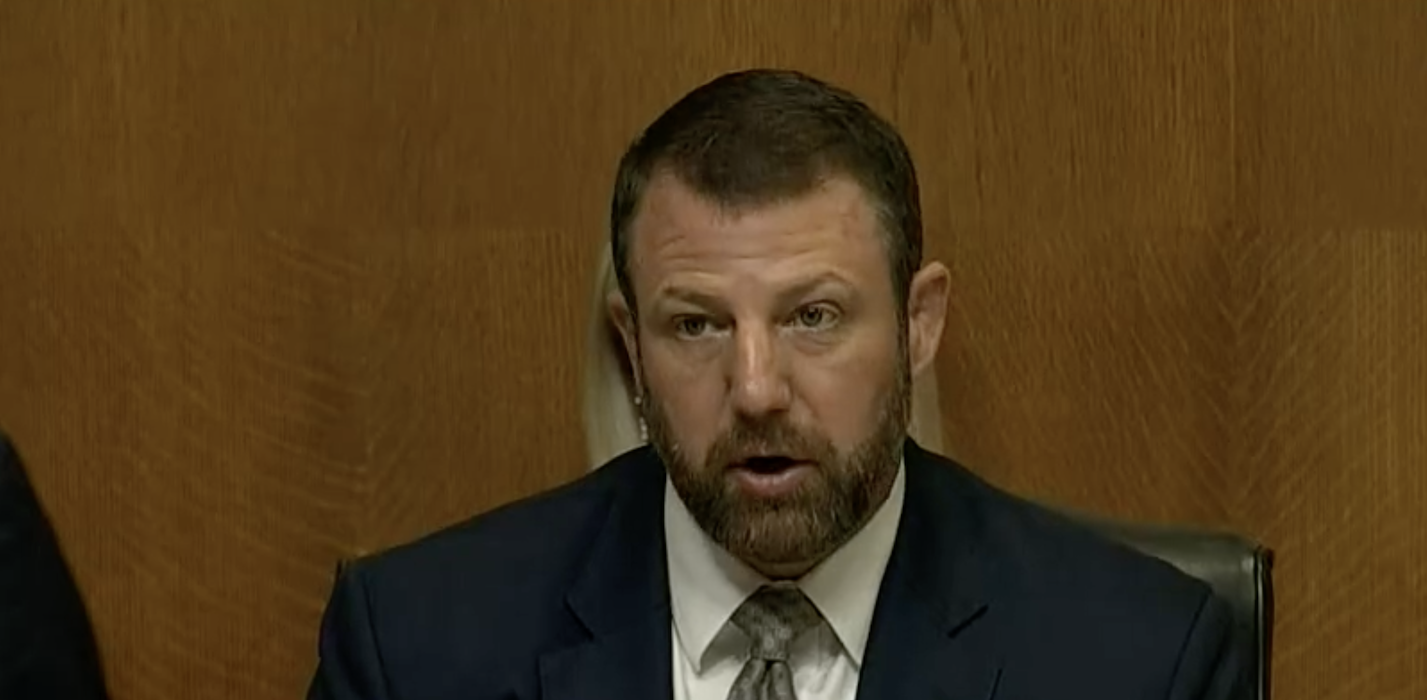New Senate Bill Would Tap Broadband and Tech Companies for USF Funds
The fund spends $8 billion annually to subsidize networks.
Jake Neenan

WASHINGTON, November 17, 2023 – Three senators proposed a bill on Thursday that would tap broadband providers and tech companies to contribute to a major internet subsidy.
The Universal Service Fund is a roughly $8 billion annual broadband subsidy for low-income households, schools, libraries, and healthcare providers. It’s funded by fees on voice service providers, leading to talks of reform as voice revenues decline and broadband adoption increases.
The Federal Communications Commission administers the fund, but has left it to Congress to change the USF’s contribution base, citing doubts about the agency’s legal authority to make that change on its own.
A Senate working group, which does not include the senators who proposed the new legislation, has been evaluating potential reforms to the fund since May.
Commenters to that working group largely supported fees on broadband providers as a more sustainable long-term solution for the fund. A more contentious point has been whether or not to call on some tech companies to contribute as well.
The argument is that tech companies which operate largely online, like Google and Amazon, should pay into the USF because they benefit so directly from more people being able to access broadband.
Tech companies have opposed the proposition, saying broadband companies are a more stable source of funding. FCC Commissioner Brendam Carr and broadband companies publicly support the idea.
So does the bill proposed on Thursday. It would direct the FCC to expand the USF contribution base to both broadband and online tech companies, known as “edge providers.” Those edge providers would be limited to companies responsible for more than 3% of the country’s internet traffic and with more than $5 billion in annual revenue.
Multiple broadband industry groups came out in support of the legislation, including USTelecom, which represents major providers like AT&T and Lumen, and two rural broadband coalitions.
Conservative groups are also challenging the USF in court. The right-wing nonprofit Consumers’ Research and other organizations currently have four pending suits alleging the fund is unconstitutional.
They argue Congress gave the FCC unfettered authority to collect a tax by establishing the fund in 1996, and that the FCC abused that authority by delegating USF management to a nonprofit under the commission’s control.
The Fifth Circuit Court of Appeals reheard one such case with a full panel of judges on September 19 and has yet to issue a ruling. The Sixth Circuit struck down a petition from the group in May, while the Eleventh and D.C. circuits also have yet to issue rulings.
Senators Markwayne Mullin, R-O.K., Mark Kelly, D-A.Z., and Mike Crapo, R-I.D., proposed the bill. Kelly, along with Senate working group leader Ben Luján, D-N.M., reintroduced another bill in March that would also direct the FCC to research the feasibility of tapping big tech for funds.







